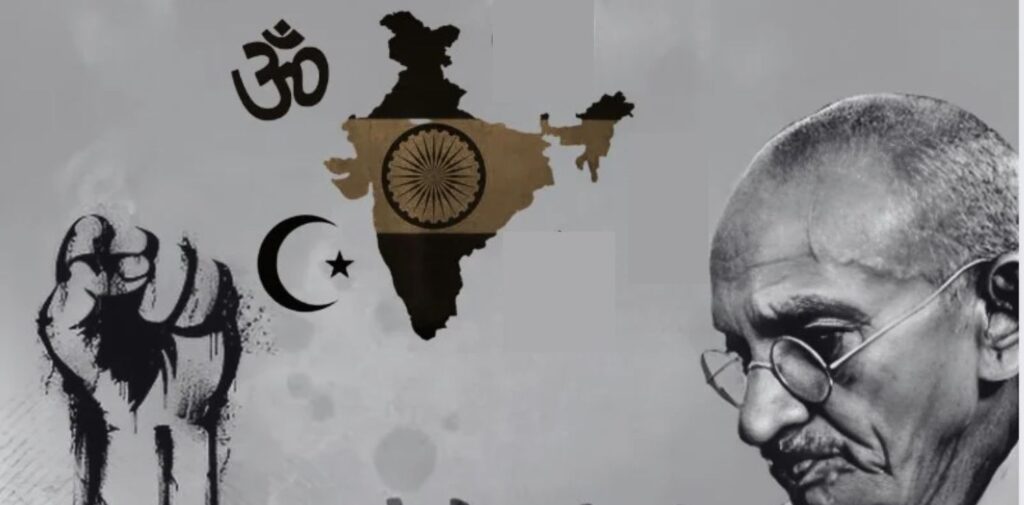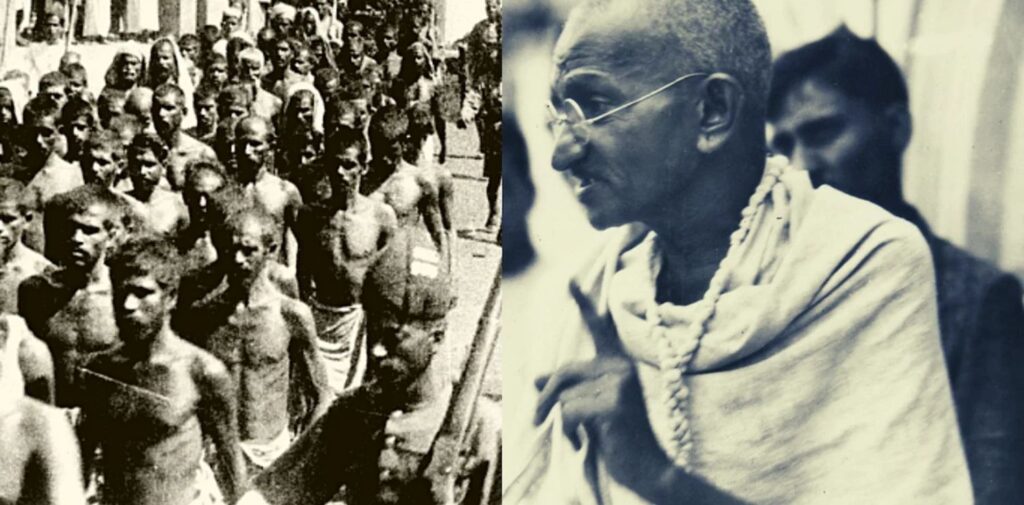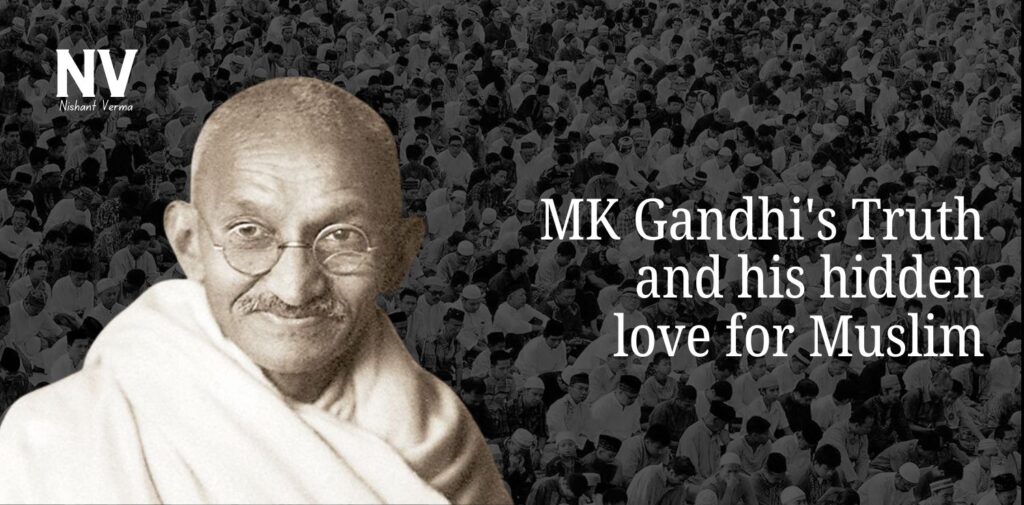Mahatma Gandhi’s relationship with Muslims and his efforts to foster Hindu-Muslim unity have been the subject of extensive debate. MK Gandhi’s affinity for the Muslim community and his actions in support of communal harmony were integral to his broader vision of a united India. However, some have argued that his overt support for Muslims may have come at the expense of Hindu culture and traditions. Here’s a comprehensive analysis of Gandhi’s love for Muslims and its impact on Indian society.
MK Gandhi’s Advocacy for Hindu-Muslim Unity
Mahatma Gandhi was a staunch advocate for Hindu-Muslim unity, and this sentiment shaped many of his political strategies and personal beliefs. During the Khilafat Movement in the early 1920s, Gandhi allied with Muslim leaders like the Ali brothers to support the restoration of the Ottoman Caliphate. This was a controversial move, as the issue had limited relevance to Indian Muslims but was a gesture of solidarity aimed at strengthening the Hindu-Muslim bond. Despite criticism from various quarters, Gandhi believed that supporting the Khilafat cause would bring the two communities closer together and fortify India’s independence struggle.
Gandhi’s commitment to Hindu-Muslim unity also extended to his prayers and spiritual practices. He often incorporated verses from the Quran and Islamic prayers into his ashram’s prayer sessions, even allowing Muslim prayers to be held within Hindu temples. This practice reflected his belief in the universality of religion and his desire to bridge religious divides.

Acts Highlighting Gandhi’s Love for Muslims
- Allowing Muslim Prayers in Hindu Temples: Gandhi’s insistence on conducting Muslim prayers in Hindu temples stirred controversy among orthodox Hindus. His justification was that religious practices should transcend communal boundaries and foster an environment of mutual respect and tolerance. While some saw it as a positive step towards communal harmony, others viewed it as a disregard for Hindu customs and traditions.
- Campaigning for Islamic Causes: Gandhi’s advocacy for Islamic causes was evident during the Khilafat Movement and his subsequent efforts to support Muslim rights in India. He spoke against the atrocities committed against Muslims during the partition and championed their rights, even when it meant alienating segments of the Hindu population. Critics argue that such actions may have indirectly undermined Hindu interests, as Gandhi sometimes seemed more focused on Muslim grievances than on the concerns of his Hindu followers.
- Fasting for Communal Harmony: Gandhi frequently used fasting as a tool to protest against communal violence and foster harmony between Hindus and Muslims. His fasts were not merely symbolic; they were aimed at compelling people to introspect and embrace peace. The last fast of his life, in January 1948, was specifically to ensure that the newly independent India upheld the rights and safety of its Muslim citizens.

Gandhi’s Legacy and Its Impact on Hindu Culture
Gandhi’s actions, though intended to promote communal harmony, have been criticized for having a detrimental effect on Hindu culture and tradition. His repeated calls for Hindu-Muslim unity and his perceived favoritism towards Muslims created a perception among some that he was willing to compromise Hindu interests for the sake of appeasing the Muslim community.
- Demolition of Hindu Culture and Tradition: Critics of Gandhi argue that his policies led to the erosion of Hindu values and practices. By prioritizing Hindu-Muslim unity, Gandhi’s detractors believe he inadvertently undermined the sanctity of Hindu temples and traditions. The inclusion of Islamic practices in Hindu religious spaces and his insistence on using the ashram as a space for inter-religious prayer diluted the distinctiveness of Hindu worship in their view.
- Accusations of Favoritism: There have been claims that Gandhi’s overt love for Muslims went beyond the call for unity and bordered on favoritism. His decisions during the partition, including his insistence on the transfer of funds to Pakistan, were seen by some as a betrayal of Hindu interests. This perception has persisted and continues to shape Gandhi’s legacy, particularly among nationalist circles that view his policies as harmful to the Hindu community.
The Contemporary Relevance of Gandhi’s Approach
Gandhi’s approach to communal harmony is still relevant today, but it is important to evaluate it in the context of modern India. His emphasis on inclusivity and unity can serve as a guiding principle for managing religious diversity, but the criticism that his methods sometimes alienated one community over the other cannot be ignored.
In conclusion, Gandhi’s love for Muslims and his efforts to foster Hindu-Muslim unity were both his strengths and his weaknesses. While his actions undoubtedly aimed at creating a cohesive and inclusive India, they also left him vulnerable to criticism. To some, he remains a champion of communal harmony, while to others, his legacy is marred by the perception that he compromised Hindu culture and tradition in favor of Muslim appeasement.




